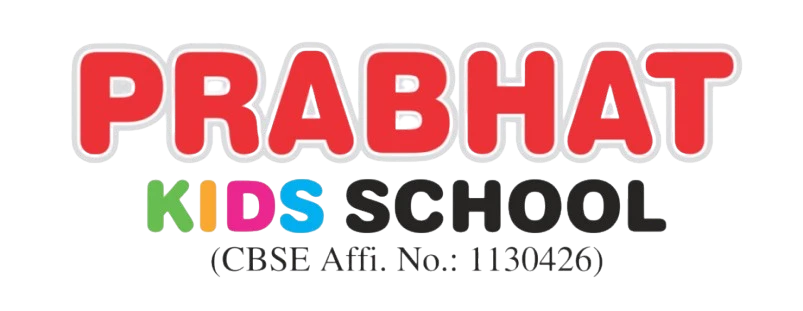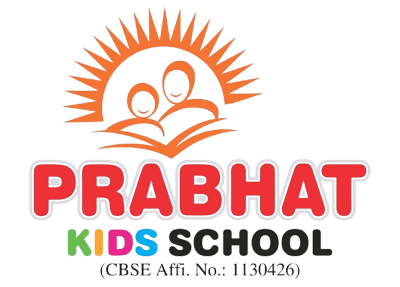The National Policy for Children, 2013, recognizes childhood as a distinct phase of life and prioritizes the creation of a protective and nurturing environment for children, especially in public spaces. This policy aims to shield children from all forms of harm, discrimination, and neglect.
Preamble
Every child deserves a joyful upbringing and the chance to live a dignified life free from harm, exploitation, neglect, poverty, and discrimination. Challenges such as gender inequality, harassment, and sexual abuse in schools highlight the need for increased awareness and collaboration among parents, teachers, and educational institutions.
Purpose
It is crucial to provide avenues for children to express their concerns, fears, and suggestions regarding their safety. The Child Protection policy (hereinafter referred to as ‘CPP’) aims to offer clear directions to staff and others regarding the expected code of conduct when addressing Child Protection issues.
Scope
This Child Protection Policy (CPP) applies to all members of the School, including but not limited to staff (academic, co-curricular, administrative), students, parents, and visitors.
Legality
This CPP adheres to the existing legal frameworks for child protection in India and international conventions that have been ratified. Should any part of this CPP conflict with the existing laws, that specific part will be considered null and void
Introduction
The school acknowledges its responsibility to safeguard children and provide support to students within the school environment. Our CPP comprises three key components, which are :
Prevention
This involves fostering a positive and inclusive school culture where every child feels secure and valued. Additionally, we educate students about their personal rights and responsibilities.
Protection
We adhere to established procedures to ensure that staff members are equipped and supported to respond appropriately and sensitively to Child Protection concerns.
Support
We offer assistance to both students and school staff members who may have experienced abuse.
Roles & Responsibilities
Role of Child Protection Committee
- Serving as a primary source of advice and information within the school community.
- Overseeing the development and implementation of safeguarding and child protection policies, as well as related procedures.
- To appoint faculty and support staff who are well qualified, competent and of sound nature to carry out the school’s programmes, services, and activities to ensure student protection and well-being.
- Assigning powers and responsibilities to teachers to ensure everyone is aligned with the Child Protection Policy.
- Maintaining confidentiality in all cases.
- To install CCTVs in classrooms and in school premises and ensure that their feed is monitored.
- Promptly referring any suspected cases of abuse according to mandated procedures.
- Collaborating with relevant teachers or parents on individual cases as needed.
- Ensuring all staff members are aware of proper protocols if they suspect a child is being abused.
- Disseminating information widely among parents regarding the school’s obligations and responsibilities under Child Protection Procedures.
- Establishing and maintaining a continuous training program for both students and staff.
- Conducting an annual review of all safeguarding policies and procedures to ensure their ongoing effectiveness and relevance.
Role of Parents
- They need to provide the school with a list of authorized individuals who can pick up their child, and promptly update the school of any changes to this list.
- In case of separation or divorce, parents should inform the school about the arrangements made.
- Parents should notify the school of any significant life events that could impact their child emotionally or psychologically.
- If there are any suspicions or confirmed incidents of child abuse occurring within the school premises, parents must report these to the school rather than handling them independently.
- Parents should be aware that failure to report knowledge of physical abuse of a child can lead to imprisonment or fines under the law.
- False complaints made to the Child Protection Committee (CPC) are also punishable under the law.
- It’s the responsibility of parents to monitor their child’s online behavior to protect them from potential virtual abuse.
School believes that it is crucial to foster emotional and behavioral safety climate in school as children spend considerable time in the school. Teachers play a crucial role in identifying, reporting and supporting the child. In this context, the significant role of teachers is being recognized, with an understanding that their participation is crucial to the success of any school-based child. But It cannot always be done by the teacher or the school alone. Rather, it entails the participation of all schools leaders, teachers, staff, and parents to develop a safe and inclusive learning environment that promotes the pupils’ social and emotional well-being and provides timely support for those with additional needs.


